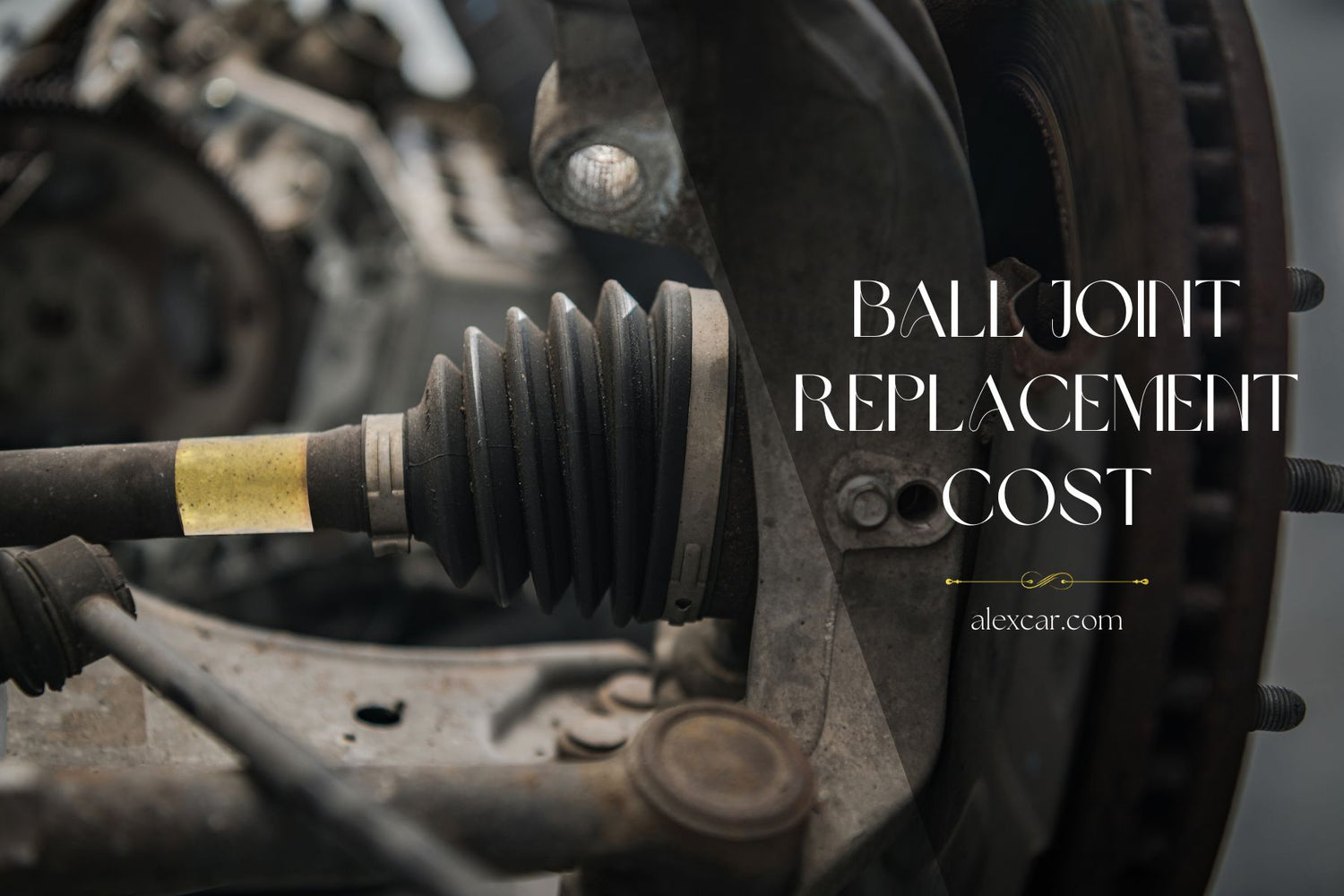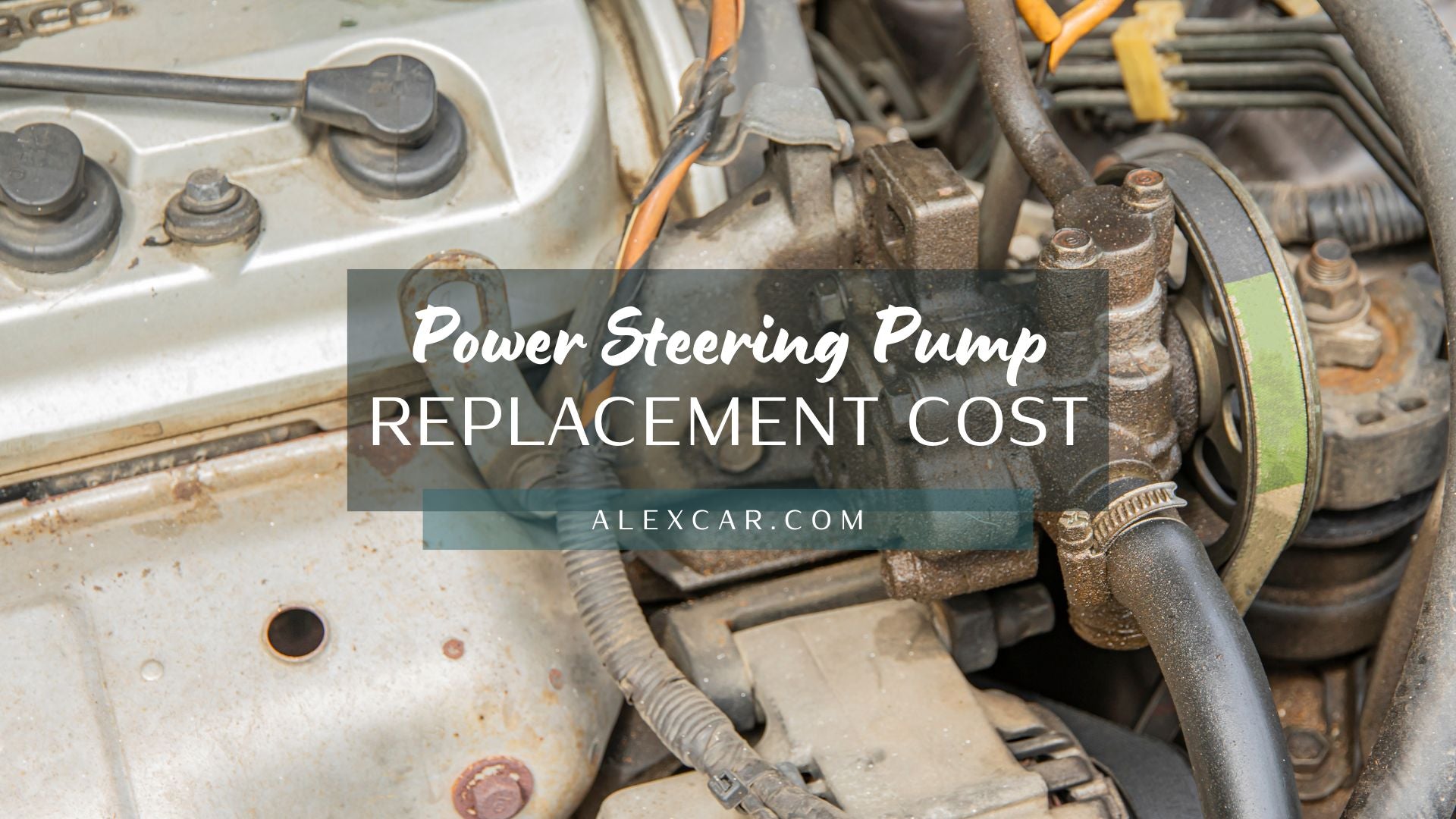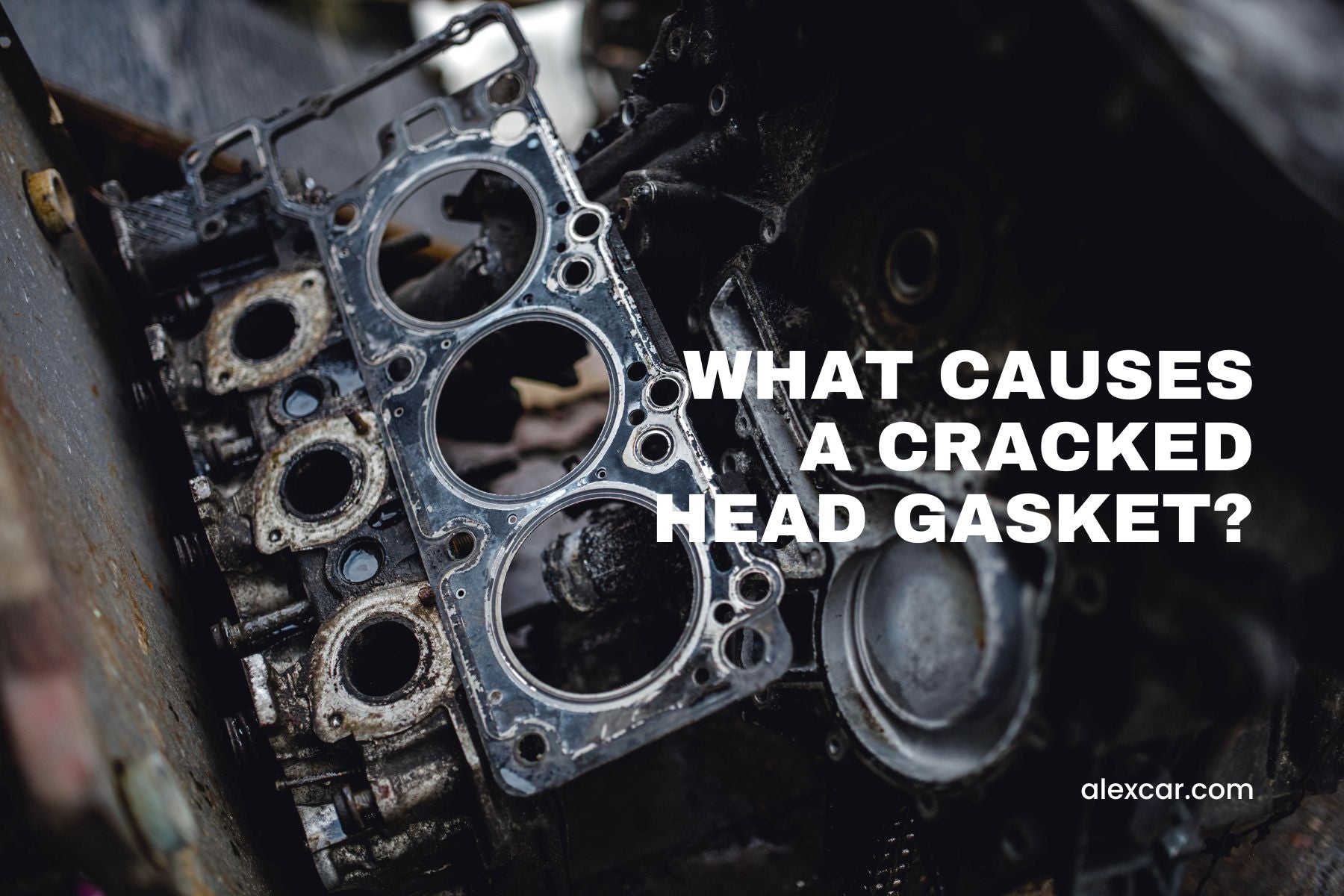As a vehicle owner, it's essential to prioritize the safety and performance of your car. One critical component that plays a crucial role in ensuring a smooth and stable ride is the ball joint. Over time, ball joints can wear out, leading to various issues such as uneven tire wear, steering problems, and even accidents. When faced with the need for a ball joint replacement, understanding the associated costs is vital for making informed decisions and budgeting accordingly. In this article, we'll delve into the intricacies of ball joint replacement costs, providing you with the expertise and knowledge necessary to navigate this important aspect of vehicle maintenance.
Understanding the Importance of Ball Joints
Before we dive into the specifics of ball joint replacement costs, let's first understand the significance of these components. Ball joints are spherical bearings that connect the control arms to the steering knuckles, allowing for smooth rotation and pivoting of the wheels. They play a critical role in the suspension system, ensuring proper alignment and stability while driving. Over time, ball joints can deteriorate due to various factors such as wear and tear, exposure to the elements, and driving conditions.
Signs of Worn Ball Joints
Recognizing the signs of worn ball joints is crucial for timely replacement and maintaining the safety of your vehicle. Some common symptoms include:
- Clunking or knocking noises when driving over bumps
- Uneven or rapid tire wear
- Loose or wandering steering
- Vibrations in the steering wheel
- Visible wear or damage to the ball joint boot
If you notice any of these signs, it's essential to have your vehicle inspected by a qualified mechanic to determine if a ball joint replacement is necessary.
>> View more: Car Window Replacement Cost
Factors Affecting Ball Joint Replacement Costs
The cost to replace ball joints can vary depending on several factors. Let's explore some of the key elements that influence the overall expense:

1. Vehicle Make and Model
The make and model of your vehicle play a significant role in determining the ball joint replacement cost. Different car manufacturers have varying designs and specifications for their suspension systems, which can impact the complexity and duration of the replacement process. For example, the ball joint replacement cost for a Ford F150 may differ from that of a Toyota Camry or a Chevy Silverado.
2. Quality of Replacement Parts
When it comes to ball joint replacement, the quality of the replacement parts used can greatly impact the overall cost. Opting for high-quality, OEM (Original Equipment Manufacturer) parts may come with a higher price tag compared to aftermarket alternatives. However, investing in quality parts can ensure better performance, longevity, and safety in the long run.
3. Labor Costs
The labor cost for ball joint replacement is another significant factor to consider. The complexity of the job and the time required to complete the replacement can vary depending on the vehicle's make and model. Mechanics may charge different rates based on their expertise, location, and the specific requirements of the task at hand.
4. Additional Services
In some cases, a ball joint replacement may necessitate additional services to ensure proper alignment and functionality of the suspension system. These services can include wheel alignment, tire balancing, or even replacing related components such as control arms or bushings. These additional services can contribute to the overall ball joint replacement cost.
Average Ball Joint Replacement Costs
Now that we've explored the factors that influence ball joint replacement costs, let's take a look at some average price ranges to give you a better idea of what to expect:
| Vehicle Type | Front Ball Joint Replacement Cost | Lower Ball Joint Replacement Cost | Upper Ball Joint Replacement Cost |
|---|---|---|---|
| Cars | $200 - $400 | $150 - $300 | $200 - $400 |
| Trucks | $300 - $600 | $200 - $400 | $300 - $600 |
| SUVs | $250 - $500 | $200 - $400 | $250 - $500 |
Please note that these are rough estimates, and the actual ball joint replacement cost for your specific vehicle may vary. It's always best to consult with a trusted mechanic for an accurate quote based on your car's make, model, and condition.
Comparing Ball Joint Replacement Costs: Dealership vs. Independent Mechanics
When it comes to ball joint replacement, you have the option to choose between a dealership or an independent mechanic. Let's compare the costs and benefits of each option:
Dealership Ball Joint Replacement
-
Pros:
- Specialized expertise in your vehicle's make and model
- Access to OEM parts
- Warranty coverage for parts and labor
-
Cons:
- Higher labor costs compared to independent mechanics
- Potentially longer wait times for appointments
Independent Mechanic Ball Joint Replacement
-
Pros:
- Generally lower labor costs compared to dealerships
- Flexibility in choosing aftermarket or OEM parts
- Personalized service and attention
-
Cons:
- Varying levels of expertise and experience
- Potential limitations in warranty coverage
Ultimately, the decision between a dealership or an independent mechanic for your ball joint replacement depends on your preferences, budget, and the specific needs of your vehicle.
DIY Ball Joint Replacement: Is It Worth It?
For those who are mechanically inclined, the idea of a DIY ball joint replacement might be tempting to save on labor costs. However, it's important to consider the complexities and risks involved before attempting this task yourself.
Challenges of DIY Ball Joint Replacement
- Requires specialized tools and equipment
- Necessary expertise and knowledge of suspension systems
- Potential safety risks if not performed correctly
- Time-consuming process
While a DIY approach may seem cost-effective initially, it's crucial to weigh the potential drawbacks and risks. Improper installation of ball joints can lead to further damage, compromised safety, and even more expensive repairs down the line.
Budgeting for Ball Joint Replacement
When planning for a ball joint replacement, it's essential to consider the overall cost and budget accordingly. Here are some tips to help you manage the expense:
- Research and compare prices from different mechanics or dealerships
- Consider the long-term benefits of investing in quality parts
- Factor in additional services that may be required, such as wheel alignment
- Explore financing options or payment plans if necessary
- Prioritize regular maintenance to extend the life of your ball joints and prevent premature wear
By being proactive and prepared, you can ensure that a ball joint replacement doesn't strain your finances unexpectedly.
>> View more: Control Arm Replacement Cost
Frequently Asked Questions
How long do ball joints typically last?
On average, ball joints can last anywhere from 70,000 to 150,000 miles. However, their lifespan can vary depending on factors such as driving conditions, vehicle type, and maintenance practices.
Is it necessary to replace ball joints in pairs?
While it's not always mandatory to replace ball joints in pairs, it's often recommended. Replacing both ball joints on the same axle ensures even wear and optimal performance of the suspension system.
Can I drive with a failing ball joint?
Driving with a failing ball joint is not recommended, as it can compromise your vehicle's safety and handling. It's crucial to address any signs of wear or damage promptly to avoid further complications or accidents.
How often should I have my ball joints inspected?
It's advisable to have your ball joints inspected during regular vehicle maintenance, such as oil changes or tire rotations. A qualified mechanic can assess the condition of your ball joints and recommend replacement if necessary.
Conclusion
Ball joint replacement is a crucial aspect of vehicle maintenance that ensures the safety, stability, and performance of your car. Understanding the factors that influence ball joint replacement costs, such as vehicle make and model, quality of parts, labor costs, and additional services, can help you make informed decisions and budget accordingly. Whether you choose to have the replacement done at a dealership or an independent mechanic, prioritizing the longevity and reliability of your vehicle is essential. By staying proactive, recognizing the signs of worn ball joints, and addressing any issues promptly, you can keep your car running smoothly and safely for years to come.




Leave a comment
This site is protected by hCaptcha and the hCaptcha Privacy Policy and Terms of Service apply.